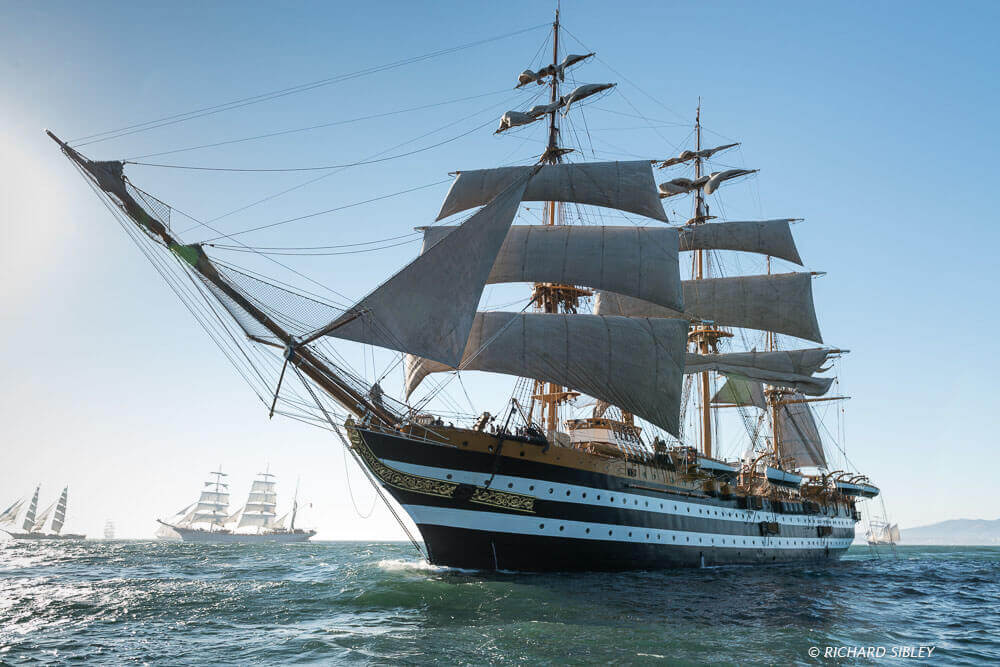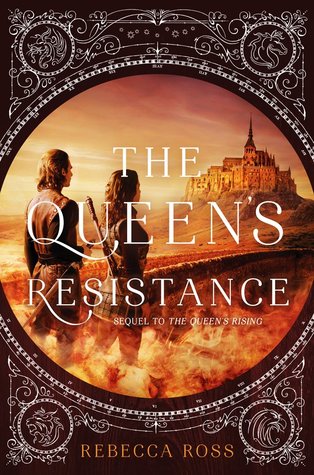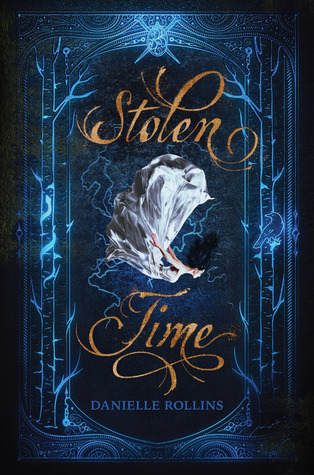(image borrowed from Amazon)
The term turncoat came about when the duke of Saxony found himself in between a war with the Saxons and the French. He made himself a reversible coat with the Saxon colors on one side and the French on the other. This way he could change his coat around based on who was occupying the land.
That's an interesting story. I didn't know that "turncoat" had such a colorful history!
(image borrowed from Sail Boston)
Letting women and children off first of a sinking ship or other instance came about first in 1852 on the HMS Birkenhead which was off to war in South Africa. Sadly the ship ran aground and started to sink. There weren't many lifeboats and all the usable ones were filled with the 20 women and children that were aboard. The remaining 476 soldiers lined up on the deck prepared to go down with the ship. This is where the tradition of letting women and children go first came from and in naval circles is referred to as "the Birkenhead drill."
I didn't know that either. Though it sounds so sad that there was still almost 500 people who died while only 20 survived. It's like Titanic but with smaller (greatly) numbers.
(image borrowed from The Parody Wiki)
Gossip was also called "scuttlebutt" in the 19th century on the warships of the British Navy. On these ships would be large wooden casks with holes cut into the lid for drinking water. "Scuttle" means a hole, like the one in the cask. The water cask itself was called a "butt." And just like with watercoolers today, the "scuttlebutt" was the place to dish out all the good gossip going around.
That's funny! Though it does give new meaning to good ol' Scuttle here. Can't believe his name just means "hole!"
(image borrowed from Variety)
A display of crushing public humiliation became known as a public holiday when the Romans conquered the Etruscans. The Romans borrowed the Etruscans way of honoring their dead by sacrificing the lives of the prisoners taken in battle, but instead of just killing them, they had the prisoners duke it out in another kind of battle; a gladiator battle. the spectacle was eventually declared as a "Roman holiday," which became an expression that related to cruel and crushing public destruction.
(image borrowed from Williams Sonoma)
When early warships fired cannonballs they kept them stacked in a pile next to a cannon. In order to keep them in place they would place a piece of rust-proof brass with indentations to secure the bottom layer of balls. They nicknamed the plate "monkey." When it got cold, the brass monkey would shrink, causing the balls to fall out and roll around on the deck. It's said that it was "cold enough to freeze the balls off a brass monkey," and that is where that particular phrase comes from!
Interesting! Very interesting!








































